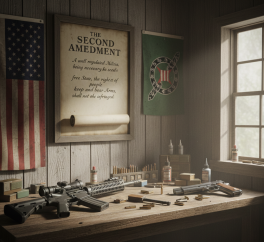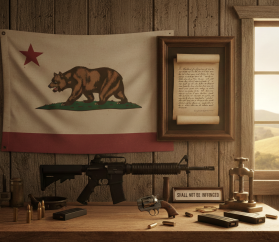

- Ref # CAB00190
- December 06, 2022
Pretext Stops – The Law vs. Policy
"FROM THE CLASSROOM"
By: Ray Hill, Professor Emeritus, SRJC
"Traffic Stop Leads To Gun, Drug Arrest" - by Press Democrat reporter Colin Atagie 11/16/2022.
“A Santa Rosa traffic stop escalated to a cocaine investigation after a police officer found one suspicious thing after another in a suspect’s car Monday afternoon, officials said. At 2:25 p.m., the officer pulled over Rudolfo Silva, 33, in the 1200 block of North Dutton Avenue because the Santa Rosa man’s car had tinted windows, according to the Santa Rosa Police Department. The officer noticed an opened can of White Claw alcoholic seltzer water in the car and checked if the driver was intoxicated or had more open containers of alcohol, officials said. He next found a Glock 17 handgun between the driver’s seat and center console, according to police. It was loaded with nine hollow-point bullets, and a magazine with eight rounds was in the glove compartment, officials said. A coin purse containing cocaine was under the driver’s seat and the suspect had more drugs in his pocket, police said. The cocaine’s total weight was 9 grams. Silva was arrested on suspicion of being a felon in possession of guns and drugs and he is in custody in lieu of $30, 000 ....







